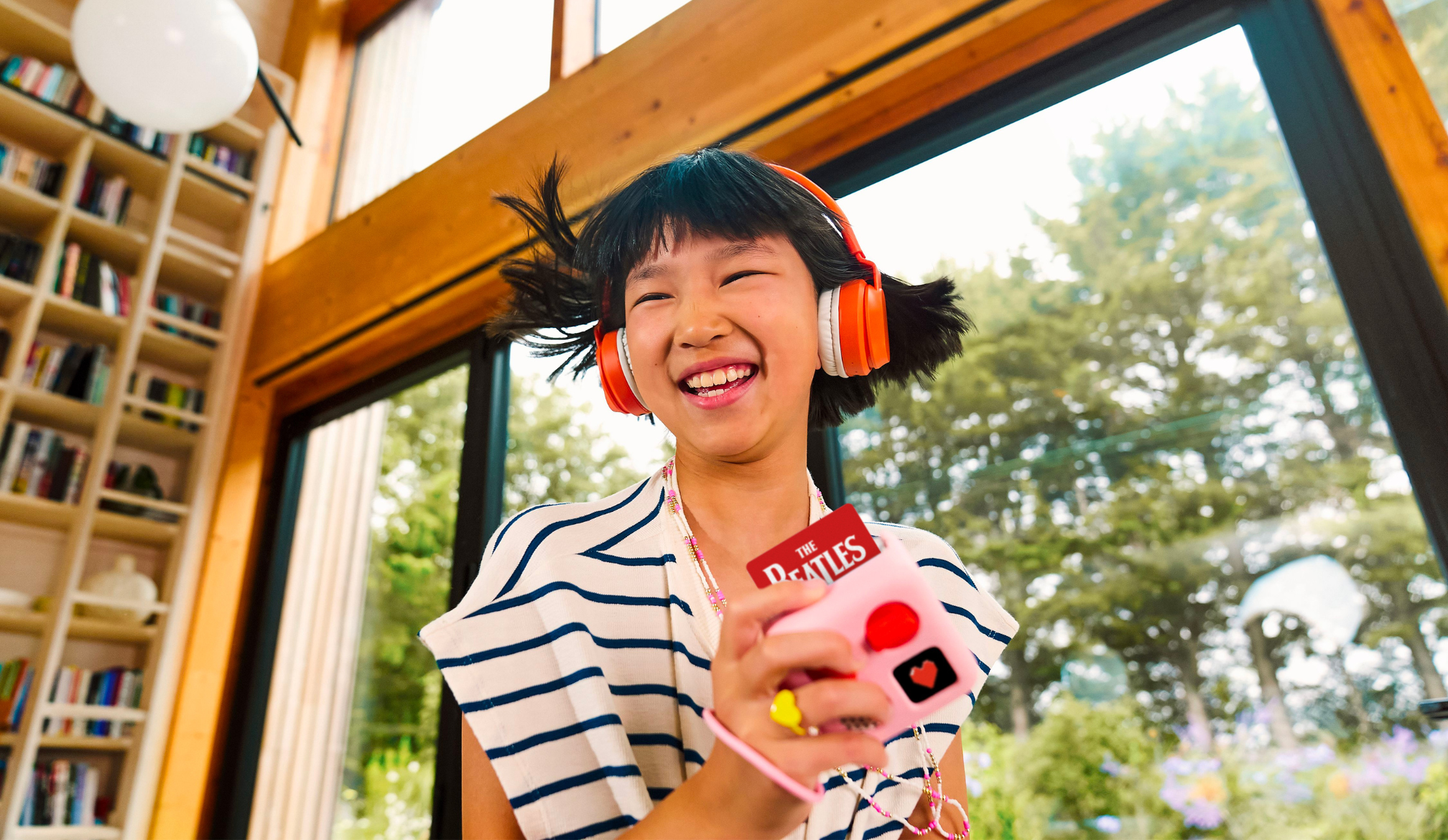Is it school reluctance or refusal? How to tell the difference and help your child
- Written by Rachel Leslie, Lecturer in Curriculum and Pedagogy with a focus on Educational Psychology, University of Southern Queensland

It’s back-to-school season around Australia. While many students will be excited to reunite with friends, or have some nerves[1] about the first day, others may feel an overwhelming sense of dread about school.
This can be confusing and worrying for parents.
We are researching child and parent perspectives about what is making school too stressful to attend. We have found it is useful to think about school attendance as a spectrum[2] that may look like reluctance at one end and emotional distress[3] at the other.
Understanding the difference can help you to know which supports to seek for your child.
School attendance in Australia
Last week, new national figures[4] showed school attendance continues to be an issue in Australian schools post-COVID.
In 2024, school attendance rates (the number of days students attend) for Years 1–10 was 88.3%. This is down slightly from 88.6% in 2023. Student attendance levels (the percentage of students who go for more than 90% of the time) was 59.8% in 2024, down from 61.6% in 2023.
In 2019, national attendance rates were 91.4% and attendance levels were 73.1%.
While these reports don’t tell us why the figures are dropping, we know school refusal is a common and growing issue. A 2023 Senate inquiry[5] heard how family requests for support to groups such as School Can’t Australia have almost doubled every year since 2014[6].
A 2023 Greens-commissioned survey[7] of 1,000 families found 39% said their child had been unable to attend school in the past year because of anxiety or stress.
What is school reluctance?
Sometimes children and young people will not want to go to school but it is not school refusal.
When this is temporary and tied to a specific stressor, such as a test, social conflict, sports lesson or event like a camp or swimming carnival, it can be described as “school reluctance[8]”.
Signs can include clinginess in younger children or teenagers, as well as complaints of seemingly minor ailments[9] such as a tummy ache, headache or “feeling sick”.
In these cases, it is important for parents to validate a child’s feelings. Using phrases such as “I can see you’re nervous about starting a new class” can make children feel seen and heard[10].
Families should also set up predictable morning routines to help children build self-regulation skills[11]. If you celebrate small wins, such as completing the day, or getting to school on time, you can help boost motivation and confidence[12].
These early interventions[13] can help avoid escalation into more significant school-related distress.
Read more: Is your child nervous about going back to school? Try asking them what they are looking forward to[14]
When it’s more than reluctance
But at other times, a child’s issues with school are more serious and a child feels overwhelmed by stressors that make attending school feel threatening, unsafe and impossible. This is what is seen as “school refusal[15]”, although some families and researchers are now using the term “school can’t” to reframe the issue and avoid blaming children in these situations.
Some signs this could be happening to your child include:
-
spending significant portions of the school day in the office or sick bay
-
extreme difficulty in getting ready in the morning, even with basic tasks such as dressing or making breakfast
-
physical symptoms[16] such as nausea or dizziness that worsen on school days, but may also be evident on weekends
-
persistent absences from school, even with encouragement and support
-
extreme emotional reactions[17] – crying, anger or complete withdrawal – when school is mentioned.
Who can be impacted?
Reports show school refusal is more common in some groups, for example neurodiverse students[18], gender-diverse students[19], and students born with innate variations of sex characteristics[20] (also known as intersex variations / traits).
School refusal is closely associated[21] with social anxiety, separation anxiety and school anxiety. This anxiety can become overwhelming and trigger a student’s need to avoid the environment[22] that is causing them emotional distress. For these students, not going to school might be a survival mechanism[23] or a way to respond to burnout[24].
Whatever the reason, we know this can lead to stress and conflict for families. For students, it can have long-term effects on academic success, social skills and mental health[25], as well as poorer outcomes[26] after they leave school.
Supporting your child
If your child is refusing or can’t go to school, they need your empathy and support. Listen to them and be their advocate. Remember, you know them best. You can also:
-
seek professional help. A psychologist may help[27] uncover and address the root causes of their distress
-
work with the school. Talk to teachers and staff about accommodations such as flexible schedules or sensory breaks, and how else they may offer inclusive, affirming and supportive learning environments
-
think outside the box. This can include prioritising wellbeing[28] over attendance. Consider a break from schooling or alternative forms of education[29], which may suit your family better
-
seek support from other families. You are not alone[30] – there are many other families[31] who share this experience.
If this article has raised issues for you, or if you’re concerned about someone you know, call Lifeline[32] on 13 11 14 or Kids Helpline[33] on 1800 55 1800.
References
- ^ have some nerves (theconversation.com)
- ^ a spectrum (linkinghub.elsevier.com)
- ^ emotional distress (www.medrxiv.org)
- ^ new national figures (www.acara.edu.au)
- ^ Senate inquiry (www.aph.gov.au)
- ^ doubled every year since 2014 (www.aph.gov.au)
- ^ Greens-commissioned survey (greens.org.au)
- ^ school reluctance (www.frontiersin.org)
- ^ minor ailments (www.sciencedirect.com)
- ^ seen and heard (psychcentral.com)
- ^ self-regulation skills (zerotothrive.org)
- ^ motivation and confidence (summer.harvard.edu)
- ^ early interventions (www.monash.edu)
- ^ Is your child nervous about going back to school? Try asking them what they are looking forward to (theconversation.com)
- ^ school refusal (link.springer.com)
- ^ physical symptoms (pubmed.ncbi.nlm.nih.gov)
- ^ extreme emotional reactions (pubmed.ncbi.nlm.nih.gov)
- ^ neurodiverse students (www.frontiersin.org)
- ^ gender-diverse students (doi.org)
- ^ innate variations of sex characteristics (interaction.org.au)
- ^ closely associated (doi-org.ezproxy.usq.edu.au)
- ^ avoid the environment (onlinelibrary.wiley.com)
- ^ survival mechanism (www.mdpi.com)
- ^ a way to respond to burnout (www.frontiersin.org)
- ^ academic success, social skills and mental health (link.springer.com)
- ^ poorer outcomes (ruor.uottawa.ca)
- ^ psychologist may help (link.springer.com)
- ^ prioritising wellbeing (www.tandfonline.com)
- ^ alternative forms of education (theconversation.com)
- ^ not alone (www.schoolcantaustralia.com.au)
- ^ many other families (www.aph.gov.au)
- ^ Lifeline (www.lifeline.org.au)
- ^ Kids Helpline (kidshelpline.com.au)

















